The Law on Value Added Tax (amended) and the draft Decree detailing the Law on Value Added Tax (amended) are being consulted by the Ministry of Finance . Notably, this draft has a provision to apply a 10% value added tax (VAT) to all exported services (except for some specifically regulated services).
Accordingly, Clause 1, Article 9 of the Draft Law on Value Added Tax (amended) stipulates that a 10% tax will be imposed on most export services instead of allowing a 0% tax rate as before.
Specifically, the export service sectors still enjoy a 0% tax rate, only international transportation, vehicle rental outside Vietnam and some related services remain. Other service sectors will be subject to corresponding tax rates, basically 10%.
The drafting agency said that the amendment comes from the fact that in the past, tax authorities had difficulty distinguishing which revenue came from exported services and which revenue came from domestically consumed services.
Regarding the above proposal, many opinions said that the drafting agency needs to consider this content, because if the regulation is as proposed, it will not only create unfairness, but also affect the competitiveness of enterprises.
Regarding this issue, recently, the Vietnam Association of Seafood Exporters and Producers (VASEP) issued Official Dispatch No. 31/CV-VASEP to the ministries and branches: Finance, Justice, Planning and Investment; Advisory Council for Administrative Procedure Reform and General Department of Taxation.
According to VASEP, the proposed regulations in the Draft are unreasonable, inconsistent with world practices and trends, increasing costs and reducing the competitiveness of exported goods compared to other countries. Explaining this issue further, VASEP said that according to international practice, other countries apply a 0% tax rate for export services and allow businesses to receive input tax refunds. At the same time, these countries often apply the principle of businesses self-declaring and taking responsibility, while tax authorities inspect, check, detect and handle violations.
In addition, when applying value added tax to export services, domestic manufacturing enterprises are still entitled to deductions. Tax refund procedures will even be simpler because they are deductible for export services. However, for export processing enterprises, which are not subject to tax declaration, they do not have a mechanism for tax refunds.
“The application of tax on export services causes inequality between export processing enterprises and domestic manufacturing enterprises, because both are enterprises producing export products, but one party is entitled to deduct tax on export services, the other party is not entitled to deduct. At the same time, when applied to export processing enterprises, it is contrary to the principles of tax collection and taxable subjects,” VASEP acknowledged.
According to VASEP, for export processing enterprises, all taxes payable will be included in the cost. This leads to a significant increase in the cost of exported products. Unfavorable tax policies will reduce the competitiveness of export processing enterprises in Vietnam compared to competitors in other countries, reduce export turnover, thereby failing to retain current investors as well as failing to attract new investors.
“The application of value-added tax on export services not only reduces the competitiveness of export products of export processing enterprises but also creates more tax procedures for export processing enterprises. At the same time, it goes against the Government 's policies to encourage investment, encourage exports and enhance national competitiveness,” VASEP said.
Sharing the same view with VASEP, economic expert - Associate Professor, Dr. Dinh Trong Thinh also said that the regulation as proposed in the Draft is not suitable because Vietnam's orientation is to prioritize exports. Currently, in trade activities there is a surplus, but export services are in deficit, even a large deficit. Therefore, if we want to promote export services, we cannot impose taxes.
Not to mention, the service sector is one of the important sectors from which we can change the structure of the economy that we are currently looking for, which is to increase the proportion of service and industrial exports in the total export turnover of goods of Vietnam. This means that export services must take the lead.
“With the export of services not being much, but proposing to impose value added tax, it means we are blocking the way or in other words, using the “brake” to stop the export of services. This goes against the desire to restructure the economy,” this expert expressed.
In fact, service export is a sector with great potential for development. In 2023, Vietnam's service export turnover will reach about 20 billion USD, with an average growth rate of about 11% per year, higher than GDP growth. Moreover, service export activities often do not require too much investment capital, so they are suitable for the Vietnamese economy.
Obviously, export services are one of the strengths of Vietnamese enterprises. Especially in the digital economy era like today, exporting financial services, accounting services, etc. are our strengths.
If we know how to tap into potential, organize, source and cooperate, our service exports will flourish in the coming period. However, if we have to pay a 10% VAT when exporting, it will make it difficult for Vietnamese foreign service providers to compete with rivals from other countries. Therefore, it will reduce the competitiveness of Vietnamese enterprises, leading to Vietnamese investors looking to go abroad to invest. This not only causes a brain drain, but also fails to earn foreign currency.
Source





![[Photo] Multi-colored cultural space at the Exhibition "80 years of the journey of Independence - Freedom - Happiness"](https://vphoto.vietnam.vn/thumb/1200x675/vietnam/resource/IMAGE/2025/8/26/fe69de34803e4ac1bf88ce49813d95d8)


![[Photo] Hanoi: Authorities work hard to overcome the effects of heavy rain](https://vphoto.vietnam.vn/thumb/1200x675/vietnam/resource/IMAGE/2025/8/26/380f98ee36a34e62a9b7894b020112a8)





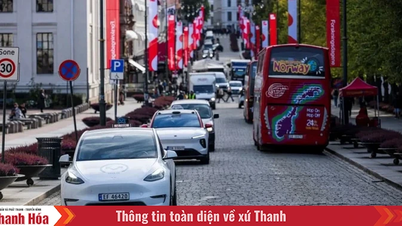

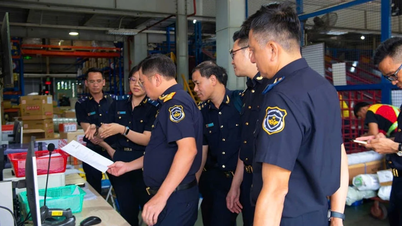





















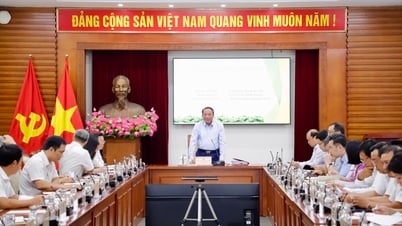
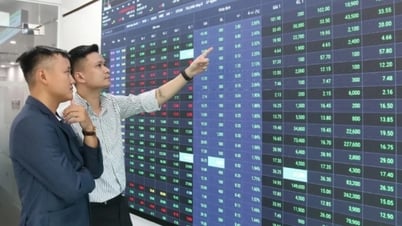






























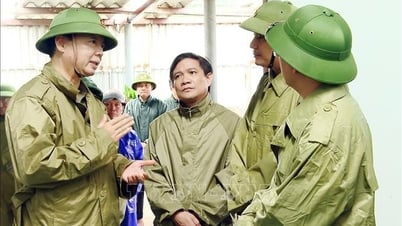
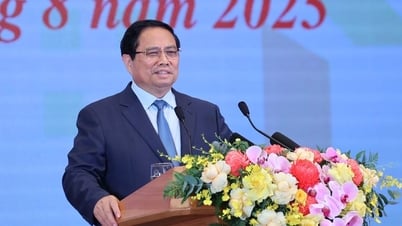














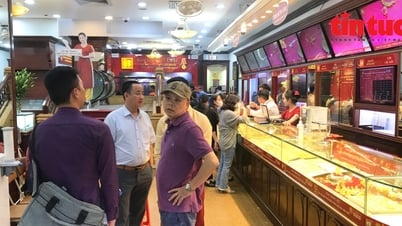

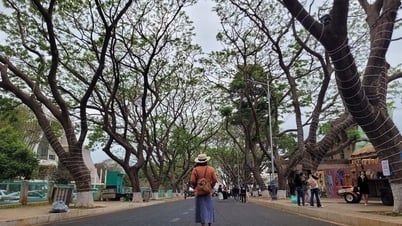


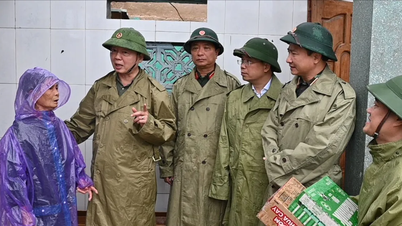




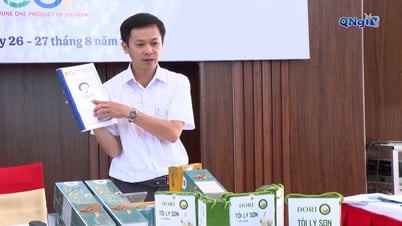











Comment (0)